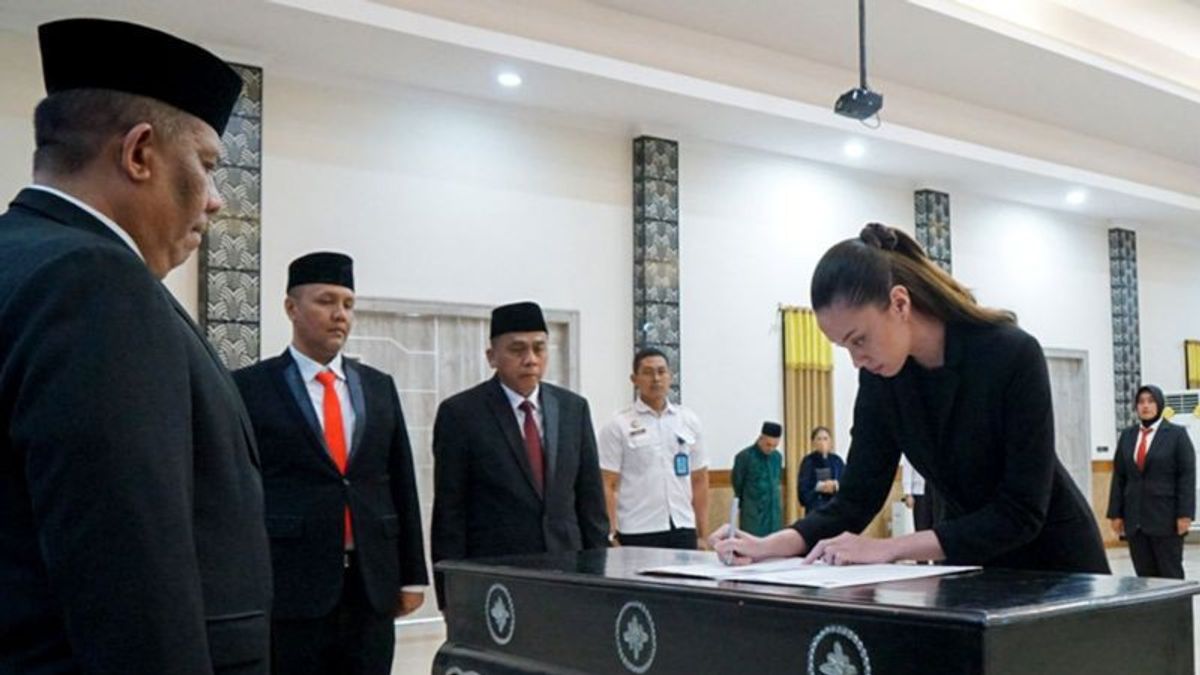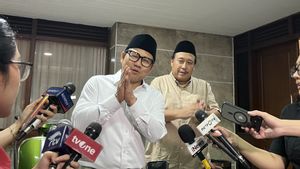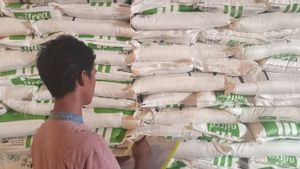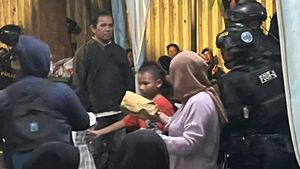JAKARTA - The Ministry of Law and Human Rights (Kemenkumham) Sudaryanto said the government had made it easier for children with dual citizenship or children resulting from mixed marriages to become Indonesian citizens (WNI) through Government Regulation (PP) Number 21 of 2022.
The Coordinator of Citizenship of the Directorate General of General Legal Administration (Ditjen AHU) of the Ministry of Law and Human Rights, Sudaryanto, said that PP 21/2022 replaces PP 2/2007 concerning Procedures for Obtaining, Losing, Cancellation and Recurring Indonesian Citizenship.
"Makes children of dual citizenship who are recorded not or late in choosing their citizenship and children who do not register as children with dual citizenship are given the opportunity to return to obtain Indonesian citizenship," said Sudaryanto in a written statement, Friday, March 10, confiscated by Antara. Sudaryanto said, Article 3A PP 21/2022 stipulates that children who are not registered or late in choosing their citizenship, and children who do not register as children with dual citizenship can become Indonesian citizens through a request mechanism for citizenship to the President through the Minister of Law and Human Rights (Menkumham) no later than 2 years after the PP was promulgated. He revealed that this was related to the Ministry of Law and Human Rights, which first took an oath and pledge from children with dual citizenship or children resulting from intervening marriage to become Indonesian citizens at the Regional Office (Kanwil) of the Ministry of Law and Human Rights, West Java.
Taking oaths and pledges loyal to the Republic of Indonesia against a Dutch citizenless child Felicia Liana Adema on Wednesday, March 8. On that occasion, Felicia also received a decree from President Joko Widodo which indicated that the person concerned was officially become an Indonesian citizen. In the future, Sudaryanto hopes that PP 21/2022 will be a trigger for other child with dual citizenship to become an Indonesian citizen. Moreover, these children become assets for Indonesia's progress and development. "This new regulation issued by the government is highly anticipated by children from mixed marriages and children born in ius soli countries who want to become Indonesian citizens," he said. Currently, according to Sudaryanto, the national status database at the Directorate General AHU of the Ministry of Law and Human Rights shows that there are 3,793 children who are registered neither or late in choosing their citizenship. In addition, there are also 507 children who do not register as children with dual citizenship.
The English, Chinese, Japanese, Arabic, and French versions are automatically generated by the AI. So there may still be inaccuracies in translating, please always see Indonesian as our main language. (system supported by DigitalSiber.id)













